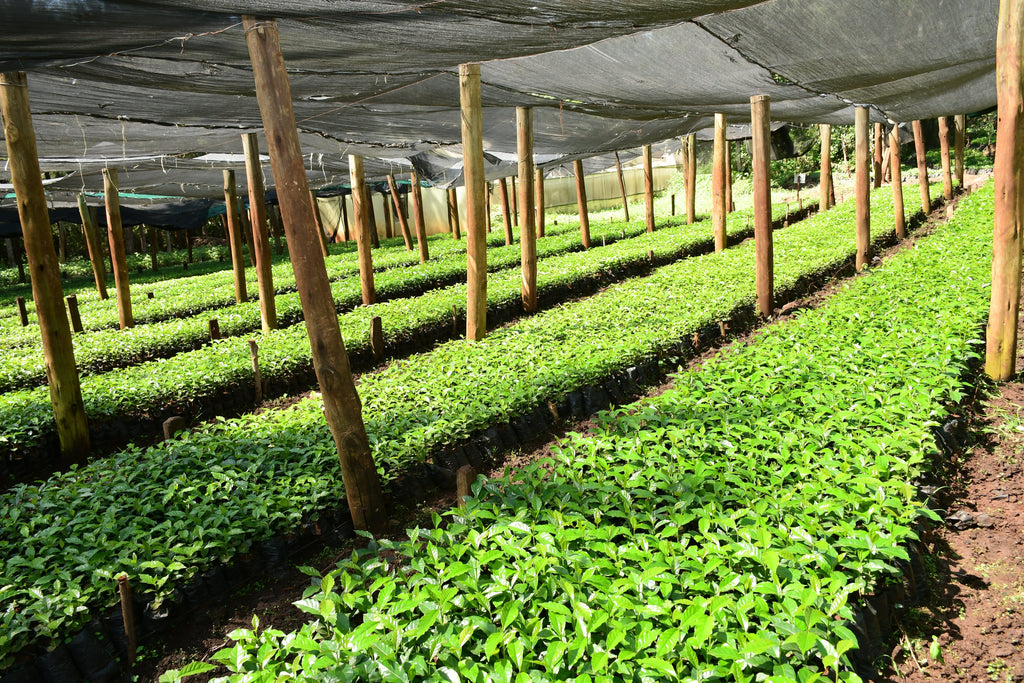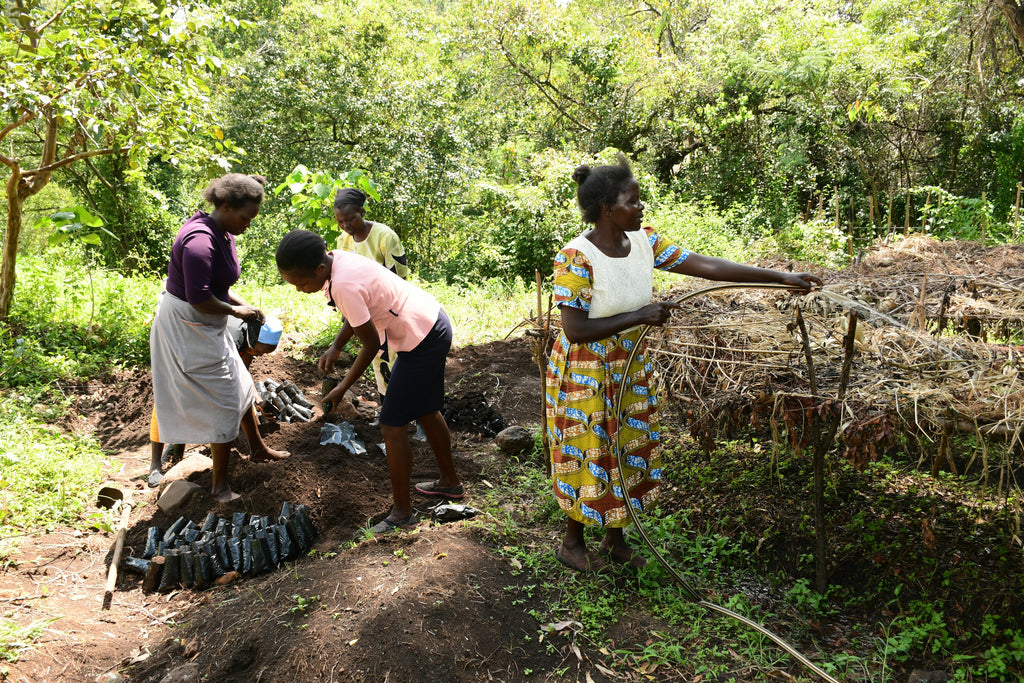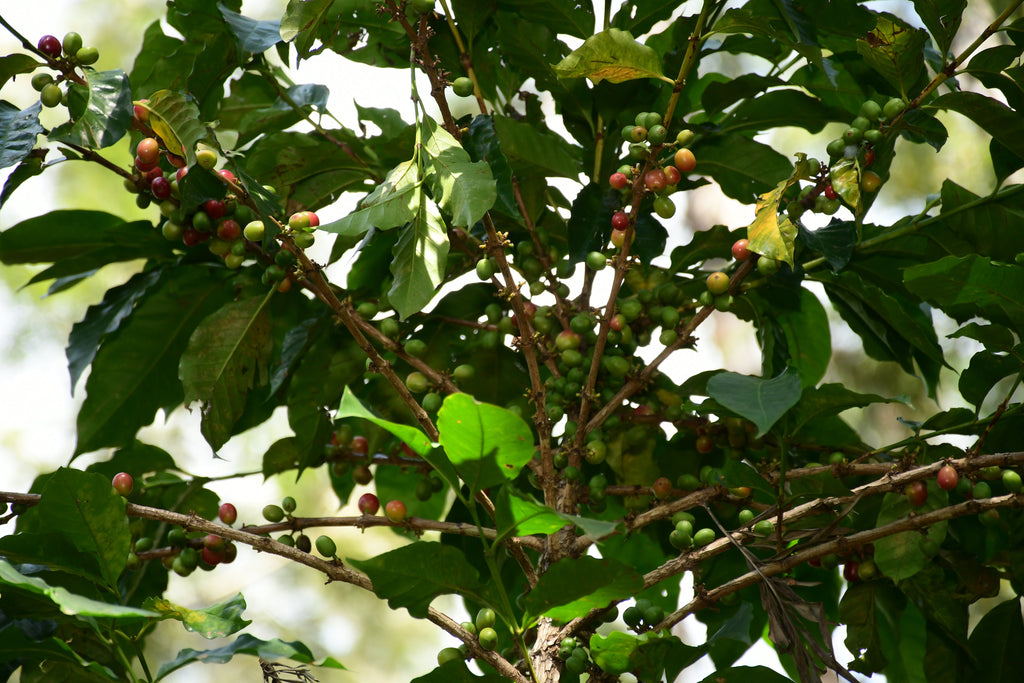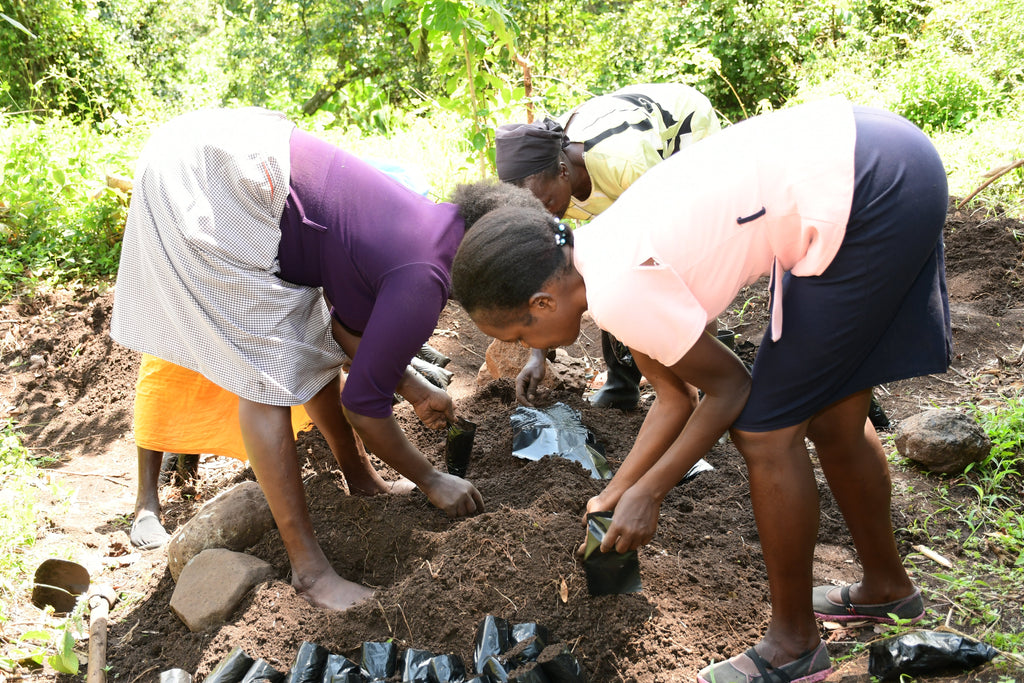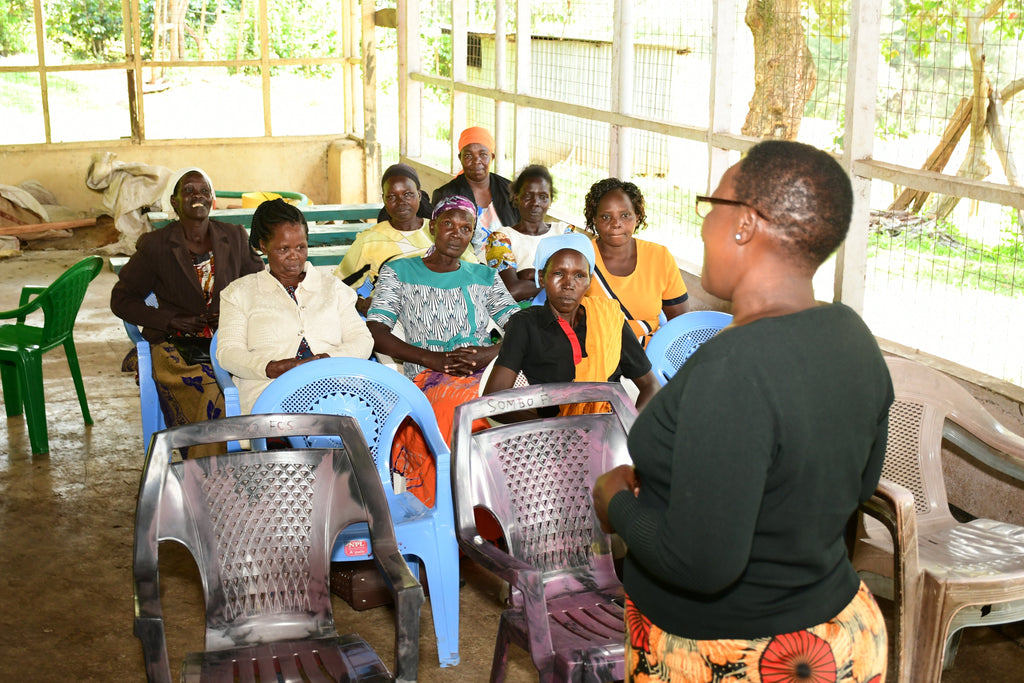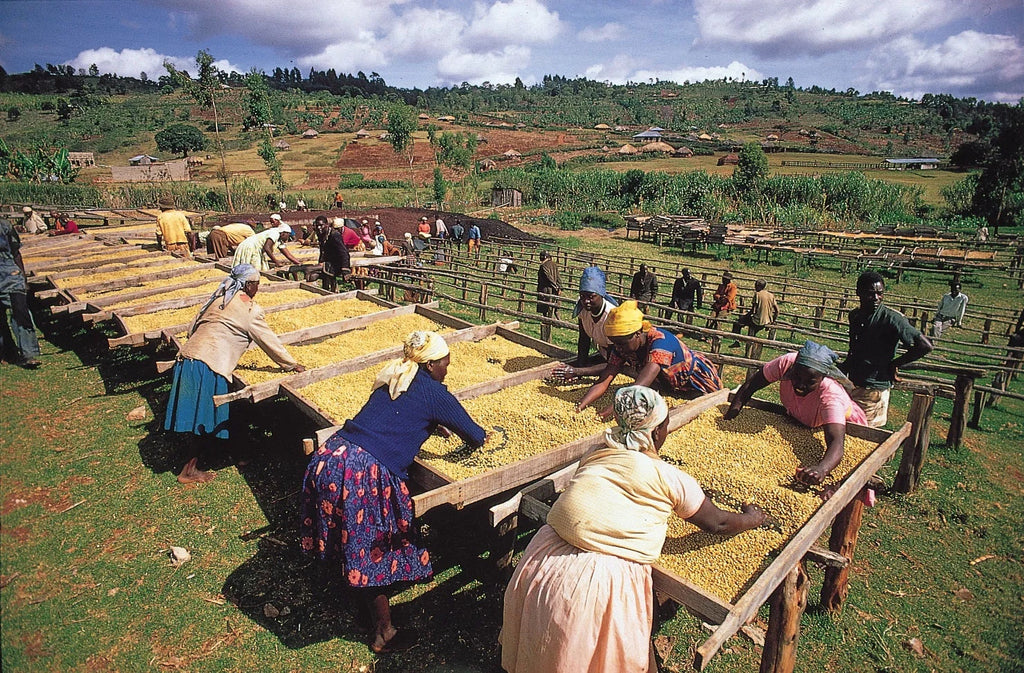
Sustainable Coffee Farming Practices: Preserving the Planet for Future Generations

Introduction:
Coffee is more than just a beloved beverage; it's a global industry that impacts millions of lives and the environment. With concerns about climate change and environmental degradation on the rise, sustainable coffee farming practices have become increasingly important. In this blog post, we explore the significance of sustainable coffee farming and highlight key practices that contribute to preserving the planet for future generations.

The Importance of Sustainable Coffee Farming:
Sustainable coffee farming encompasses practices that prioritize environmental conservation, social responsibility, and economic viability. By adopting sustainable methods, coffee farmers can minimize their ecological footprint, protect biodiversity, and ensure the longevity of their crops and livelihoods. Moreover, sustainable coffee farming contributes to the preservation of ecosystems and natural resources, mitigating the adverse effects of climate change on coffee-growing regions.

Key Sustainable Farming Practices:
Agroforestry: Integrating trees and vegetation within coffee plantations helps enhance soil fertility, prevent erosion, and provide habitat for wildlife. Agroforestry systems also promote biodiversity and sequester carbon, contributing to climate change mitigation.
Organic Farming: Organic coffee farming eschews synthetic fertilizers, pesticides, and herbicides in favour of natural alternatives. By avoiding harmful chemicals, organic farmers protect soil health, water quality, and the health of farm workers and surrounding communities.
Water Conservation: Water is a precious resource in coffee farming, and sustainable practices such as drip irrigation, rainwater harvesting, and soil moisture monitoring help optimize water use and reduce waste. Additionally, implementing shade-grown coffee cultivation can help conserve water by reducing evaporation and soil moisture loss.
 Soil Health Management: Sustainable soil management practices, such as composting, cover cropping, and crop rotation, improve soil structure, fertility, and nutrient cycling. Healthy soils are essential for robust coffee plant growth and resilience to pests, diseases, and climate variability.
Soil Health Management: Sustainable soil management practices, such as composting, cover cropping, and crop rotation, improve soil structure, fertility, and nutrient cycling. Healthy soils are essential for robust coffee plant growth and resilience to pests, diseases, and climate variability.

The Future of Sustainable Coffee Farming:
As consumer awareness of sustainability grows, the demand for responsibly sourced coffee continues to rise. By supporting sustainable coffee farming practices, consumers can contribute to positive environmental and social outcomes while enjoying their favorite brews. Together, we can preserve the planet for future generations and ensure a sustainable future for the coffee industry.
Conclusion:
Sustainable coffee farming is not just a trend; it's a necessity for safeguarding the environment and securing the livelihoods of coffee farmers worldwide. By embracing sustainable practices, coffee producers can protect ecosystems, conserve resources, and mitigate climate change impacts. As consumers, we have the power to drive demand for sustainable coffee and support initiatives that promote environmental and social responsibility in the coffee industry. Let's raise our cups to a brighter, more sustainable future for coffee and the planet.




